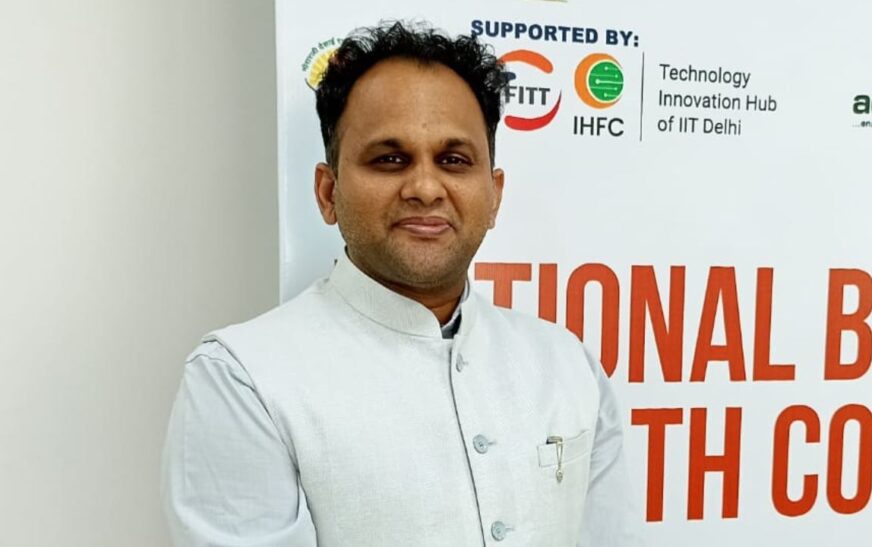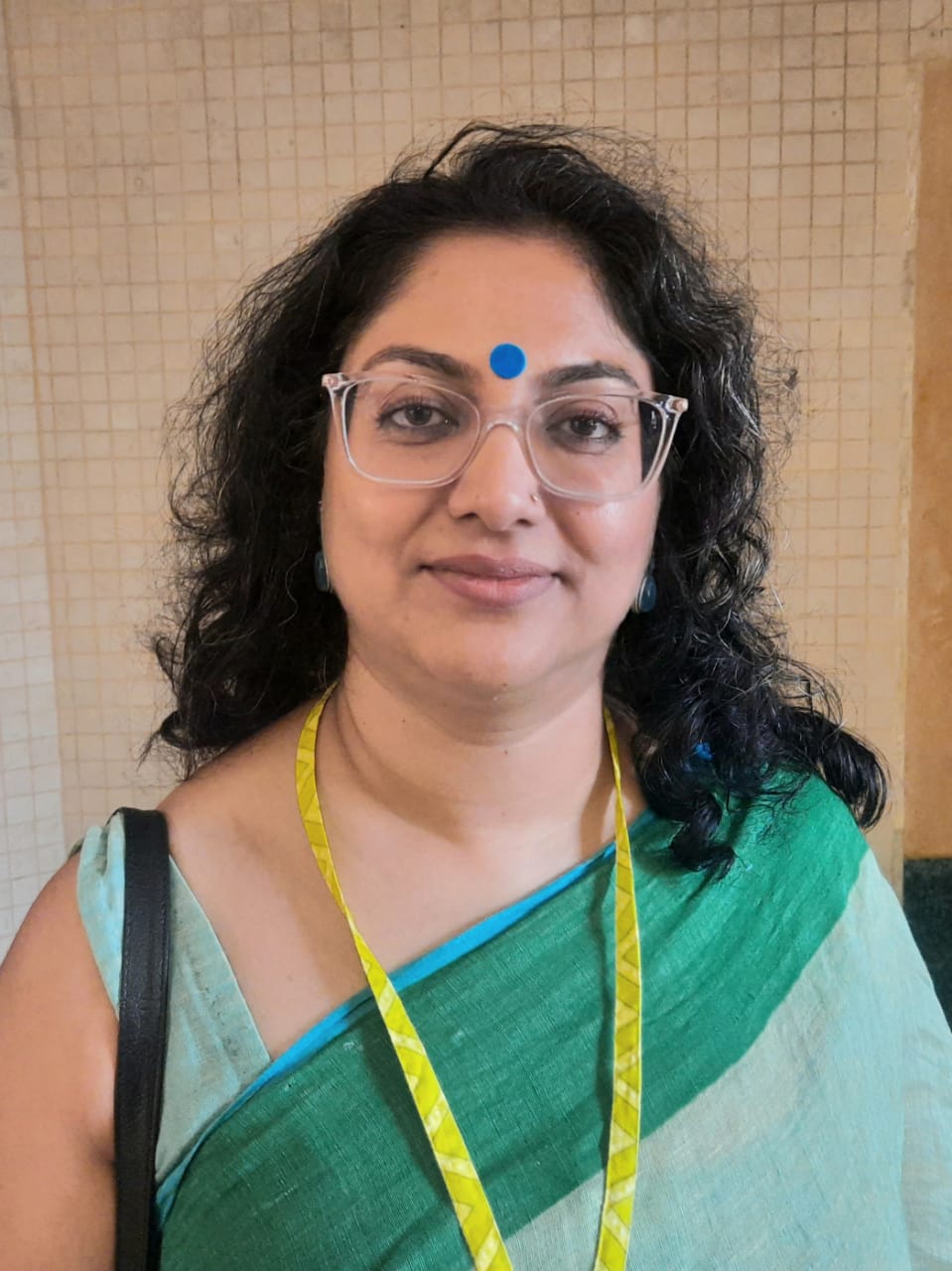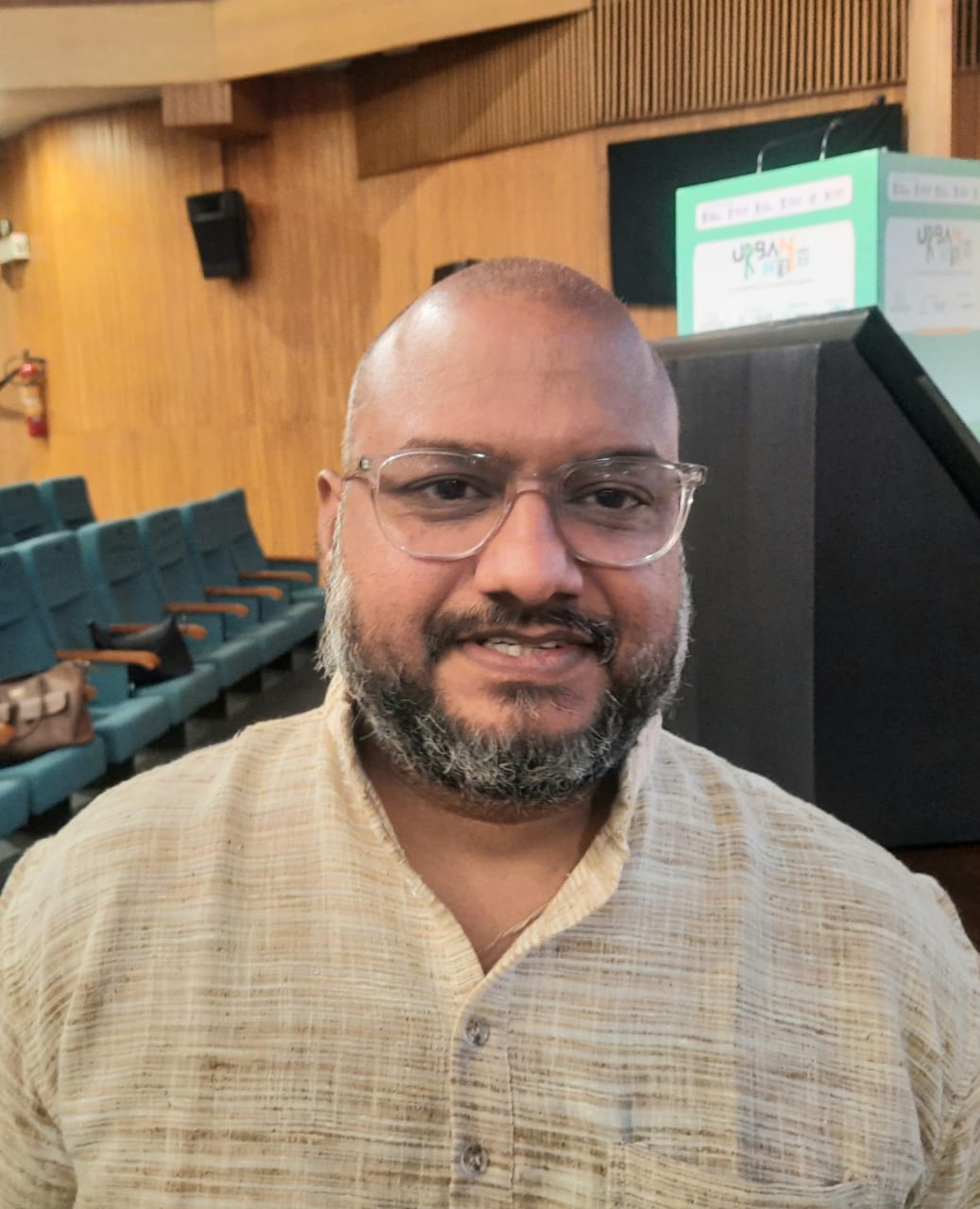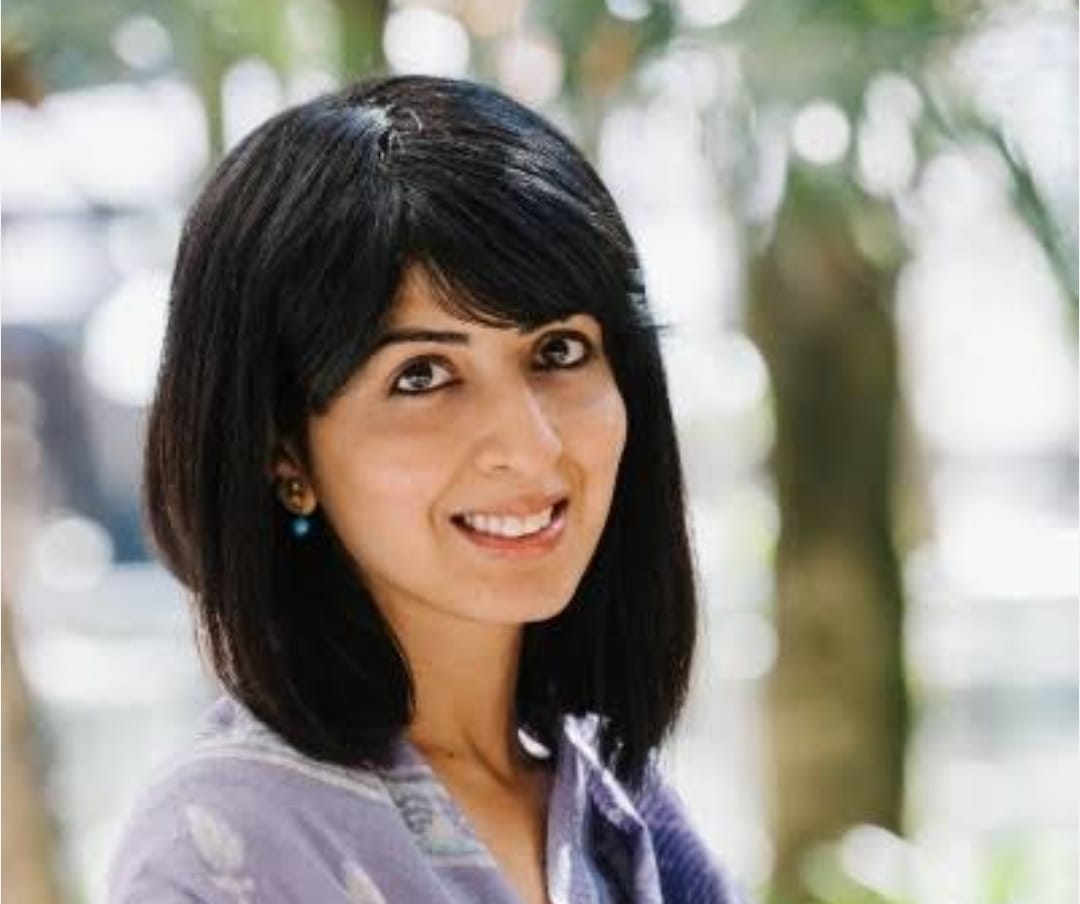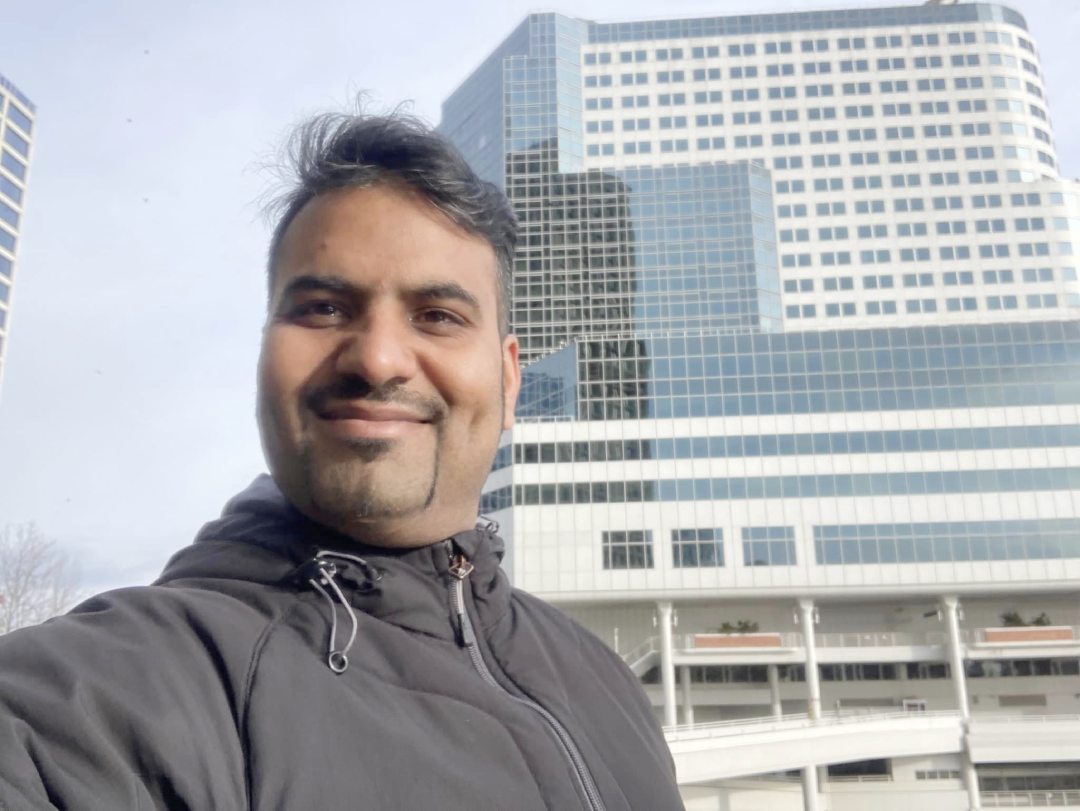The Andhra Pradesh MedTech Zone (AMTZ) is a trailblazer in medical device manufacturing, and its innovation arm, Medi Valley Atal Incubation Centre, stands as a testament to its pioneering spirit. Funded by NITI Aayog under the Atal Innovation Mission, Medi Valley is the nation’s sole facility exclusively dedicated to health technology, strategically positioned within India’s premier medical devices manufacturing hub. With mentorship from distinguished researchers, technology and innovation leaders, industry veterans, and eminent policymakers, Medi Valley supports innovators at every step—from ideation to manufacturing.
By providing seamless access to AMTZ’s expansive ecosystem, including scientific, regulatory, manufacturing, and trade facilities, Medi Valley offers an unparalleled platform for MedTech innovation. Furthermore, it fosters techno-business incubation, drives need-based and priority-driven solutions, and advances health technology beyond conventional boundaries.
Medical technology innovation thrives on a multidisciplinary foundation, integrating various branches of science and engineering. Medi Valley has established cutting-edge laboratory facilities where innovators can experiment and refine their ideas across all biomedical engineering domains.
In an exclusive interview with The Interview World, Dilip Kumar Chekuri, CEO of Medi Valley, delves into the centre’s unique offerings. He sheds light on the number of startups nurtured and patents filed, outlines Medi Valley’s efforts to reduce India’s dependency on imported medical electronics, and shares his ambitious long-term vision. Here are the key takeaways from this enlightening conversation.
Q: What are the core offerings and facilities that the Medi Valley Incubation Centre provides to MedTech startups at AMTZ?
A: The Medi Valley Incubation Center, situated in the Andhra Pradesh Medtech Zone (AMTZ), India’s first integrated medical device park, spans an impressive 270 acres. This state-of-the-art facility, akin to an 8-kilometer-long MedTech city, fosters indigenous manufacturing and supports Indian medical device manufacturers in reaching global markets.
We operate two premier incubation centers: Medi Valley Atal Incubation Center, under the aegis of NITI Aayog, and Bio Valley Incubator, established under the Department of Biotechnology, with AMTZ as its host institute. These centers, both launched in 2018 as non-profit entities under Section 8, cater to the unique needs of startups in medical electronics, life sciences, biologicals, and in-vitro diagnostics.
Medi Valley Atal Incubation Center specializes in medical electronics, offering unparalleled facilities such as pre-compliance testing labs, a mechatronics lab for bench work, and an electronics lab for medical components testing. Meanwhile, Bio Valley Incubator focuses on in-vitro diagnostics, providing startups with access to clean room facilities essential for high-precision innovations like RT-PCR kits. During the COVID-19 pandemic, these facilities played a pivotal role, supplying 80% of the country’s needs from the AMTZ campus.
AMTZ hosts a vibrant ecosystem of 145 companies producing a wide range of medical devices—from glucometer strips costing ₹1 to advanced MRI machines priced at ₹5 crores. This ecosystem’s infrastructure, combined with partnerships with leading manufacturers like Janssen, has revolutionized affordability. For instance, the cost of an MRI machine has dropped from ₹10 crores to ₹5 crores, thanks to the availability of superconducting magnets—a capability shared by only three manufacturers worldwide, one of which operates within the campus.
The campus prioritizes science-driven innovation over profit, though its breakthroughs naturally lead to business success. As a public sector initiative under the Government of Andhra Pradesh, AMTZ provides unparalleled market access to its partners, ensuring their innovations reach the right markets efficiently.
Medi Valley Incubation Center exemplifies India’s strides in medical technology, bridging the gap between innovation and accessibility while empowering startups to lead the global medtech revolution.
Q: How many startups are currently being incubated under the medical electronics and biotechnology categories at Medi Valley Incubation Centre?
A: AMTZ has fostered a unique ecosystem that drives innovation and results. Out of over 80 startups incubated here, approximately 65 have successfully developed their products. Notably, around 40 of these products have already entered the market. This thriving success underscores the transformative environment AMTZ has cultivated for startups to innovate, grow, and succeed.
Q: How many patents have been generated by the startups incubated at the Medi Valley Incubation Centre?
A: The entire ecosystem operates on a public-private partnership (PPP) model, with Novel Patents as our private partner specializing in intellectual property (IP) filings. Their expertise ensures a seamless patent process for innovators. As an incubator, we actively support startups and innovators, emphasizing the importance of protecting intellectual property by filing patents.
To date, we have supported over 80 startups. Collectively, they have achieved approximately 50 patent filings. Notably, one startup alone has filed four patents, including both design and product patents. In total, nearly 60 patents have been filed, with over 40 already commercialized. Moreover, this success reflects our commitment to fostering innovation and translating ideas into market-ready solutions.
Q: What is your perspective on the market size for medical electronics, considering the significant imports from China and other countries? How does Medi Valley envision reducing these imports and fostering self-reliance in this sector?
A: India can achieve self-reliance in the medical device sector, and AMTZ was established with the core objective of reducing import dependency. A decade ago, the sector relied on imports for 90% of its needs; today, that figure has dropped to 70%, thanks to indigenous production within the AMTZ ecosystem.
Our campus is equipped to manufacture a wide range of medical devices, and we are taking this mission further by building a state-of-the-art, 200-bed hospital. Currently under construction, this hospital will showcase products made in India, specifically those developed within the AMTZ campus. It will be operational next year, embodying our vision for self-reliance and innovation.
In addition to production, we play a critical role as a policy advisory body to the Government of India. Through the Kalam Institute of Technology, under the Department of Biotechnology, we provide expert guidance on key initiatives. Notably, we have contributed to drafting the Production-Linked Incentive (PLI) scheme and the Medical Device Park scheme. These efforts also underscore our commitment to shaping a robust, self-reliant medical device ecosystem in India.
Q: Where do you envision AMTZ in the next 5 to 10 years, and what key milestones do you anticipate achieving during this period?
A: Our vision for the next decade is clear: reduce import dependency in the medical device sector from 70% to around 20%. Moreover, this ambitious goal reflects our commitment to driving self-reliance and advancing India’s capabilities in medical device manufacturing.
Furthermore, we aim to position AMTZ on the global stage. From December 12 to 14, we will host the WHO Innovation Forum. This event will gather 2,000 international delegates from 85 countries to discuss groundbreaking innovations worldwide. We are also dedicated to scaling up AMTZ, transforming it from an Indian leader to a global powerhouse. With this momentum, we can export “Make in India” products globally.


